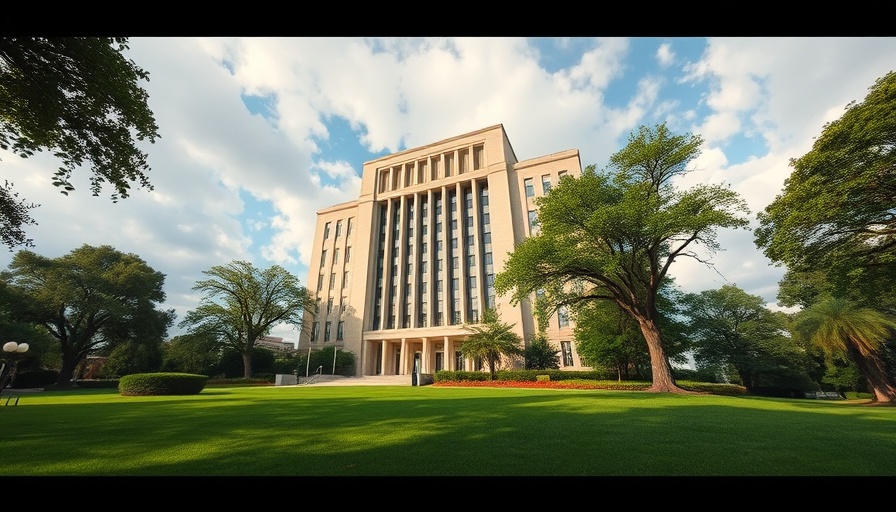
North Dakota’s Bold Moves on Property Tax Reform
The North Dakota House of Representatives is on the brink of implementing transformative reforms aimed at property taxes. With three distinct proposals—HB 1168, HB 1575, and HB 1176—state lawmakers are pushing for a complete overhaul of property tax policy that could have lasting implications for homeowners and renters alike.
The Front-Runner: HB 1176 Takes Center Stage
Of these proposals, HB 1176 has captured significant attention, particularly following robust support from Governor Kelly Armstrong. This legislation seeks to provide direct financial relief to constituents by increasing the primary residence property tax credit from $500 to $1,250. This credit is designed to alleviate the financial burden on property owners, covering 75% of the total tax liability on qualifying residences. Such developments are crucial as property taxes remain the largest source of revenue for local governments, funding essential services like education and infrastructure.
Expanded Relief for Renters
Moreover, HB 1176 isn’t limited to homeowners; it extends its reach to renters by increasing their property tax refund from $400 to $600 and raising the homestead property tax credit income limits. This shift aims to support a broader swath of middle-income families that often face increased living costs due to rising property taxes incorporated into rental prices.
Fiscal Responsibility Amid Growing Uncertainty
However, the funding method raises questions. By relying on earnings from the North Dakota Legacy Fund to offset costs, lawmakers are betting on favorable market conditions to sustain these improvements. This dependence introduces fiscal uncertainty, especially in light of economic changes such as tariffs and market downturns that could jeopardize returns.
Looking Ahead: Community Impacts and Cautions
The introduction of these reforms is a double-edged sword. While they promise much-needed relief, they also entail careful scrutiny of long-term fiscal impacts. Stakeholders, including homeowners, renters, and local governments, must weigh the benefits against potential risks involved in restructuring the tax system.
Conclusion: Vigilance in Reform Implementation
As North Dakota navigates these pivotal changes, the voices of its citizens will play a crucial role in shaping the future of property taxes in the state. Ensuring that these reforms achieve their intended objectives will require transparency and active participation from all involved. Keeping a close eye on how these plans unfold will empower community members to advocate for their needs and priorities.
 Add Row
Add Row  Add
Add 




 Add Row
Add Row  Add
Add 

Write A Comment